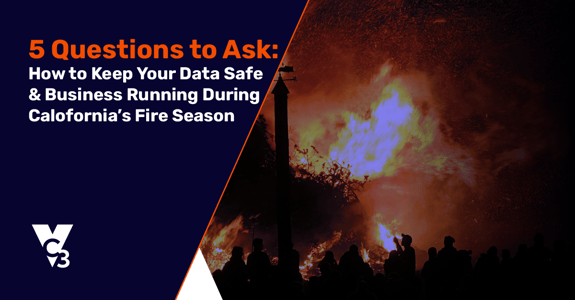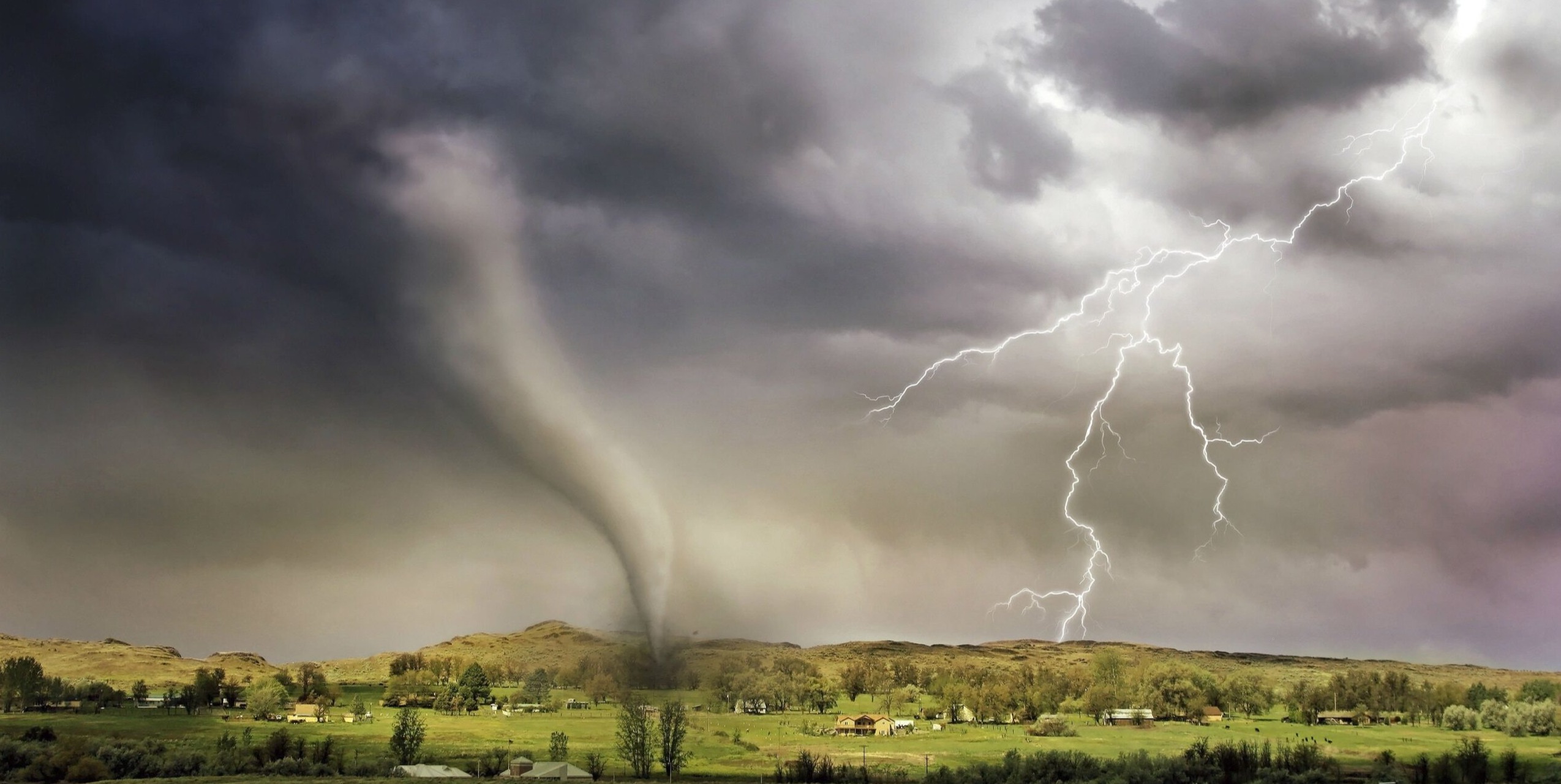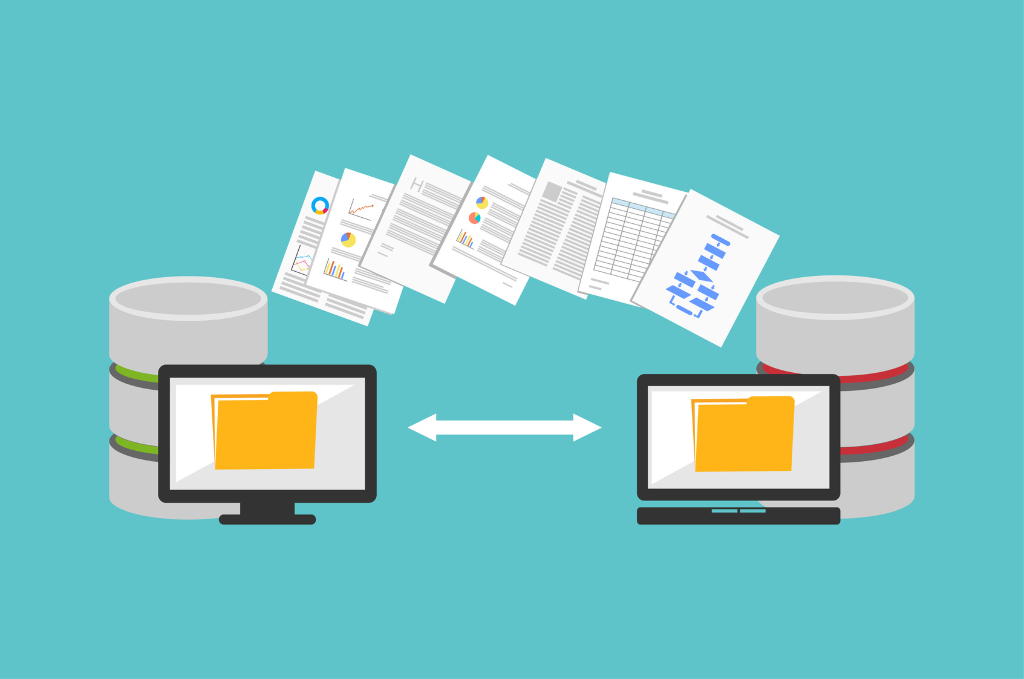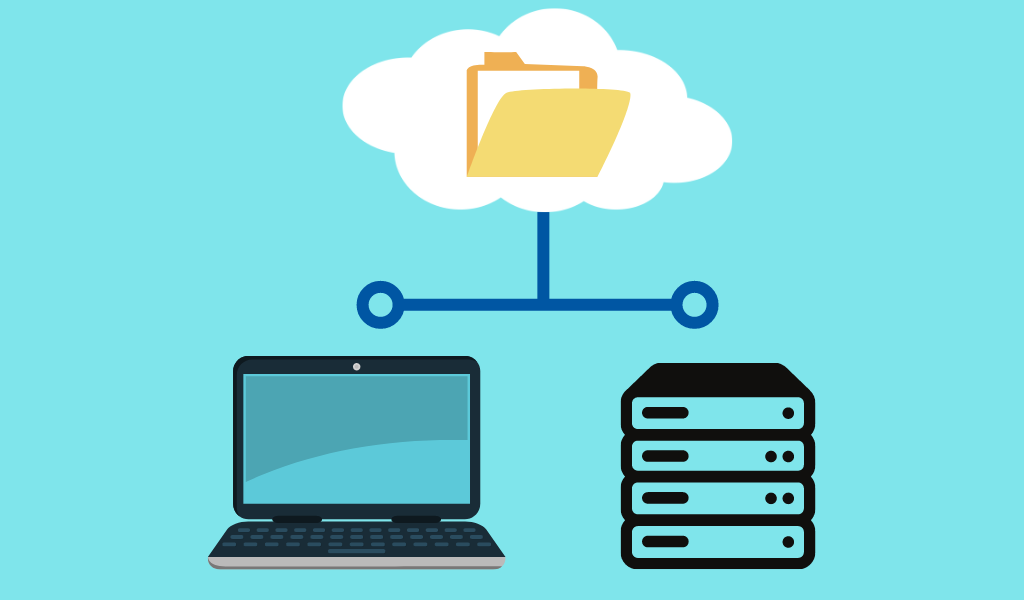It’s that time of year in California. Dry brush and Santa Ana winds put thousands of lives, homes, and businesses at risk. The devastating fires in recent years remind us that wildfires can start any time and they make quick work of any area, destroying everything in their path.
I certainly hope you’re never affected. But if it happens, are you prepared? You’ve worked hard to build your business. Let’s protect it.
Now’s the time to check your disaster recovery and business continuity plans.
Here are five things to talk to your IT support team about now, so you’re ready if disaster strikes.
1. Are my backups running successfully, and have they been tested?
The worst time to find out that your backups have been failing is after the data has been corrupted, deleted, or destroyed. A “test restore” is essentially a fire drill for your backups. Make sure your IT team is doing them regularly.
🔎 Related: Data Backup, Disaster Recovery, & Business Continuity
2. Are all critical servers and/or files being backed up?
Sometimes, executives choose not to back up certain servers or data to save on costs. And that’s okay if you're comfortable with that data potentially being unrecoverable or permanently lost. Check with your IT team to make sure you’re clear on what is and, more importantly, what is NOT, being backed up.
3. Is my disaster recovery plan documented, and who has copies or access?
When disaster strikes, naturally, chaos ensues. When it does, the disaster recovery plan gives you the “what now?” process to follow. Have printed and electronic copies available. If you’re working with an outsourced IT support company, they should have a copy on hand too.
🔎 Related: The Difference Between Data Backup, Disaster Recovery, and Business Continuity
4. If the power goes out, will we be able to work?
The recent fires remind us that, even if your business isn’t threatened by the blaze, power outages in nearby areas are common.
Do you have a generator to power critical equipment? Will the equipment shut itself down gracefully to avoid data corruption? Will employees be able to work from home? Will email still work? How about the phones?
The pandemic gave many companies the opportunity to revamp their employees' remote work experience, so sending employees home to work might be no big deal. However, it's worth finding out where the systems that employees access are physically located. If the systems are in your office and they don't have power, employees still might not be able to effectively work remotely.
5. If my building burns, or if the fire sprinklers damage hardware, how long will it take to get back up and running?
If you talk to a business owner who’s had to recover from a data disaster, they’re commonly surprised at how long it took for their systems to be fully operational again.
Recovery time varies dramatically depending on your company’s backup solution and the amount of data that needs to be restored. Ask your IT team for a realistic time frame.
🔎 Related: How Long Does It Take to Restore From a Cloud Backup?
If that time frame is unacceptable, it’s good to know now. Let your IT team know what amount of downtime is okay (if any) so they can work up recommendations for alternative solutions.
There’s no “one size fits all” plan when it comes to backup, disaster recovery, and business continuity. Every business has a different budget and risk tolerance, so work with your IT support provider to figure out what strategy is best for you.
Cloud Solutions Increase Resiliency
One of the major benefits of cloud computing is that it takes the physical component out of work.
Employees who rely on a computer for most of their day-to-day activities (such as accounting, marketing, and administrative functions) really can work from anywhere with cloud services or cloud infrastructure. So, if a fire (or the ramifications of a nearby fire) impacts your office, productivity may be able to continue for those set up to work remotely.
And like anything, the cloud has its own shortcomings, so talk through the scenarios with your IT support provider to make sure it's the right move for your unique situation.
Editor's Note: This article was originally published in November 2018. It has been revamped and updated with the latest information.





